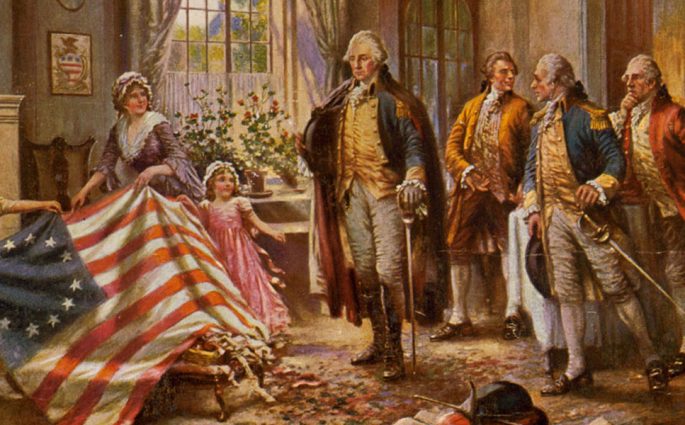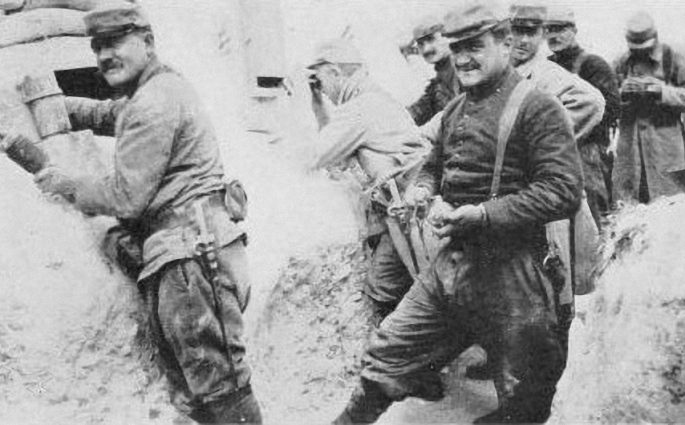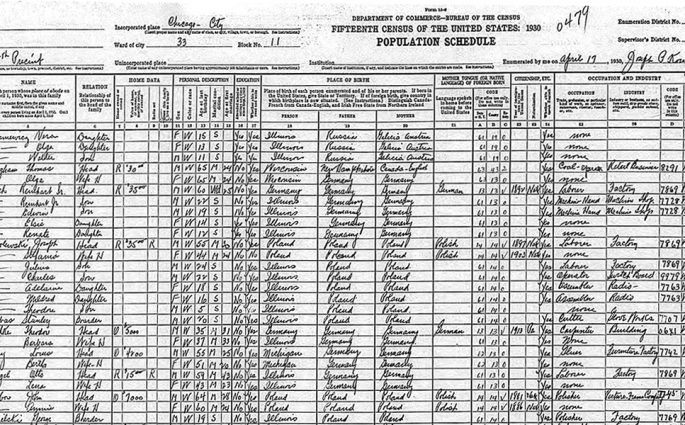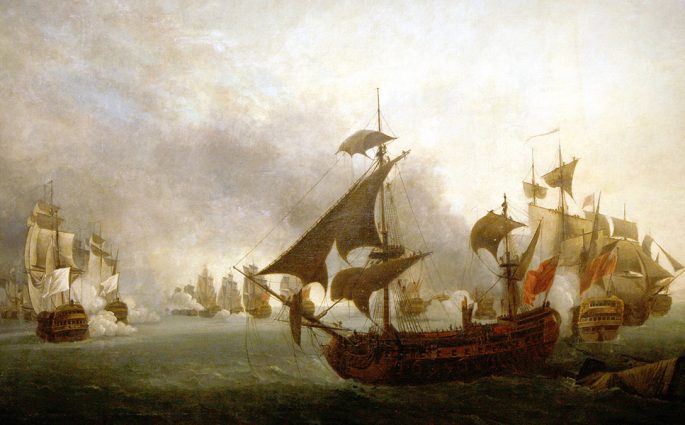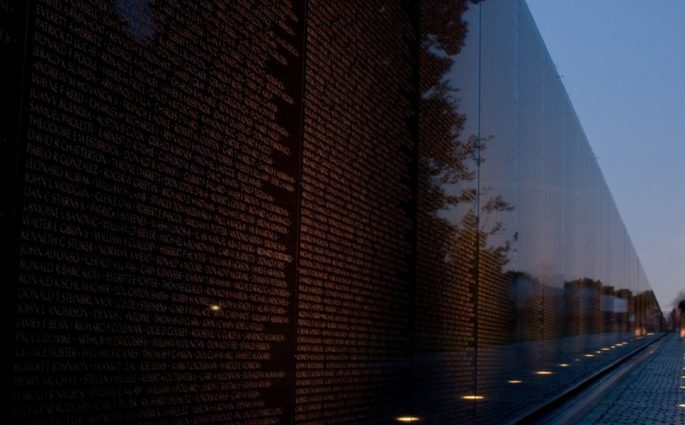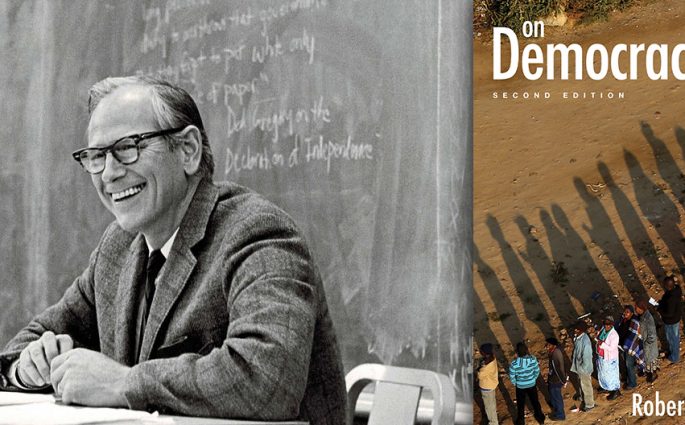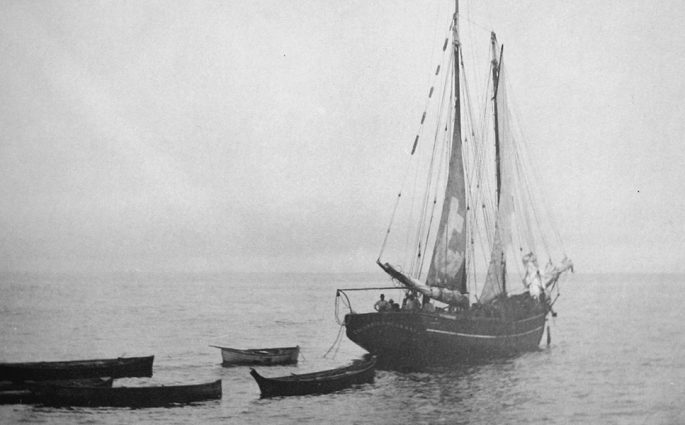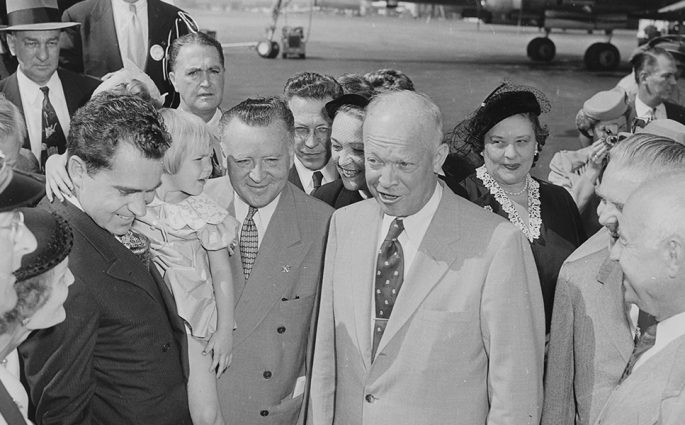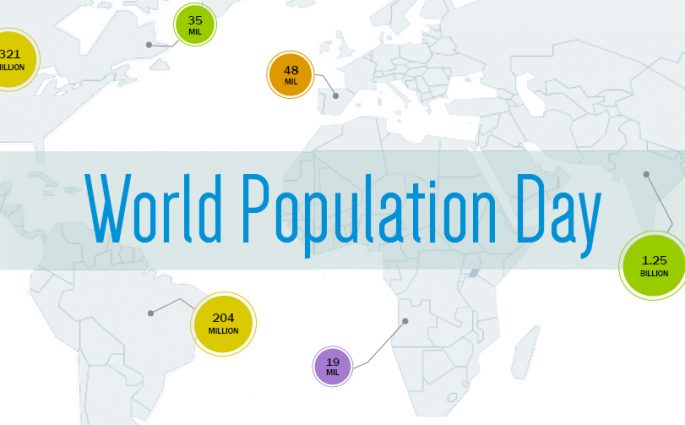Dangerous Books in America, Britain, and France
Books have always had the power to make authorities rather uncomfortable. Sometimes it’s because the novel makes the government look bad, goes against the teachings of a particular religion, or says things that are simply too salacious. In A Little History of Literature, John Sutherland takes a look at how


